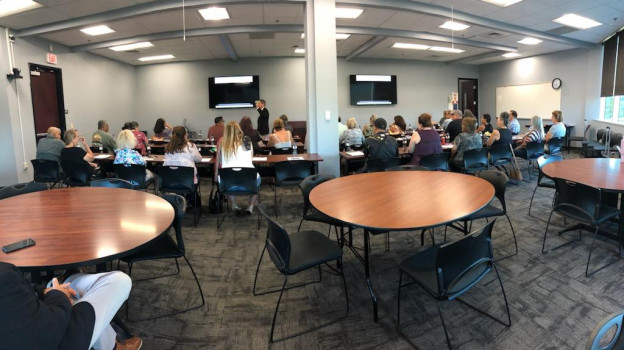
Pillar Financial Group
Reviews Summary
About This Listing
Who Can Work with a CPA?
*Note: CPAs may specialize in different areas. Be sure to check credentials and service offerings.*
First-Time Clients
If this is your first time working with a CPA, don’t worry — most professionals offer a free consultation and will walk you through what to expect. You may be asked to complete an intake form, share financial documents, or set clear goals for your session.
What to Know Upfront:
*Note: Every CPA operates a bit differently. Don’t hesitate to ask questions before committing.*
What to Bring
*Tip: Organize your documents in advance to save time and ensure accuracy.*
Preparing for Your Appointment
*Note: Preparation helps you make the most of your CPA’s expertise.*
How to Get Started
Other Helpful Info
*Note: Every CPA is different — take time to find one who fits your goals and style.*
Features
Contact Information
Address
7110 N Fresno St UNIT 120
Fresno, California 93720
Phone
+1 559-436-6441Hours
Customer Reviews
Great customer service point! My wife and I just had her first baby and we didn't know anything about life insurance. They took their time with us and explained all the pros and cons of the different Options available. When we were done, we had the peace of mind that we were looking for.
I have been a loyal customer of Pillar Financial since I was 35 years old. Now, at 52, I am well on my way to retiring alongside my husband. Eric Wilson's advice and guidance have been invaluable in helping me plan for this next chapter of our lives. Thank you, Eric Wilson!
Awesome customer service. Polite staff. Very punctual as well as flexible meeting places. Very knowledgeable advisers. They are able to breakdown legal terms to help me understand the process and the way my money is being handled.
Great company to work with helping us with all our insurance needs
Called almost a week ago, gave all my info. Heard nothing, called can't really get anyone to give me a quote. What kind of company is this....crappy!